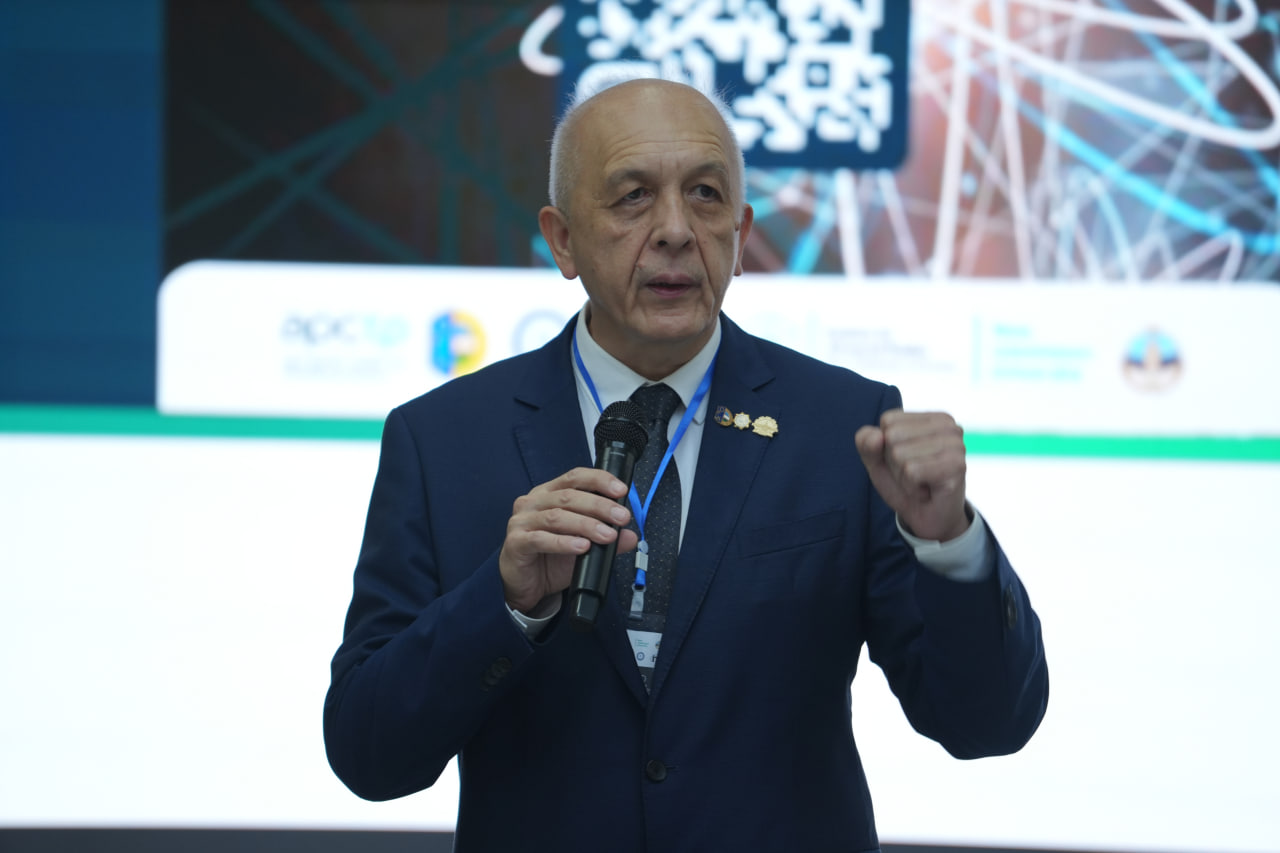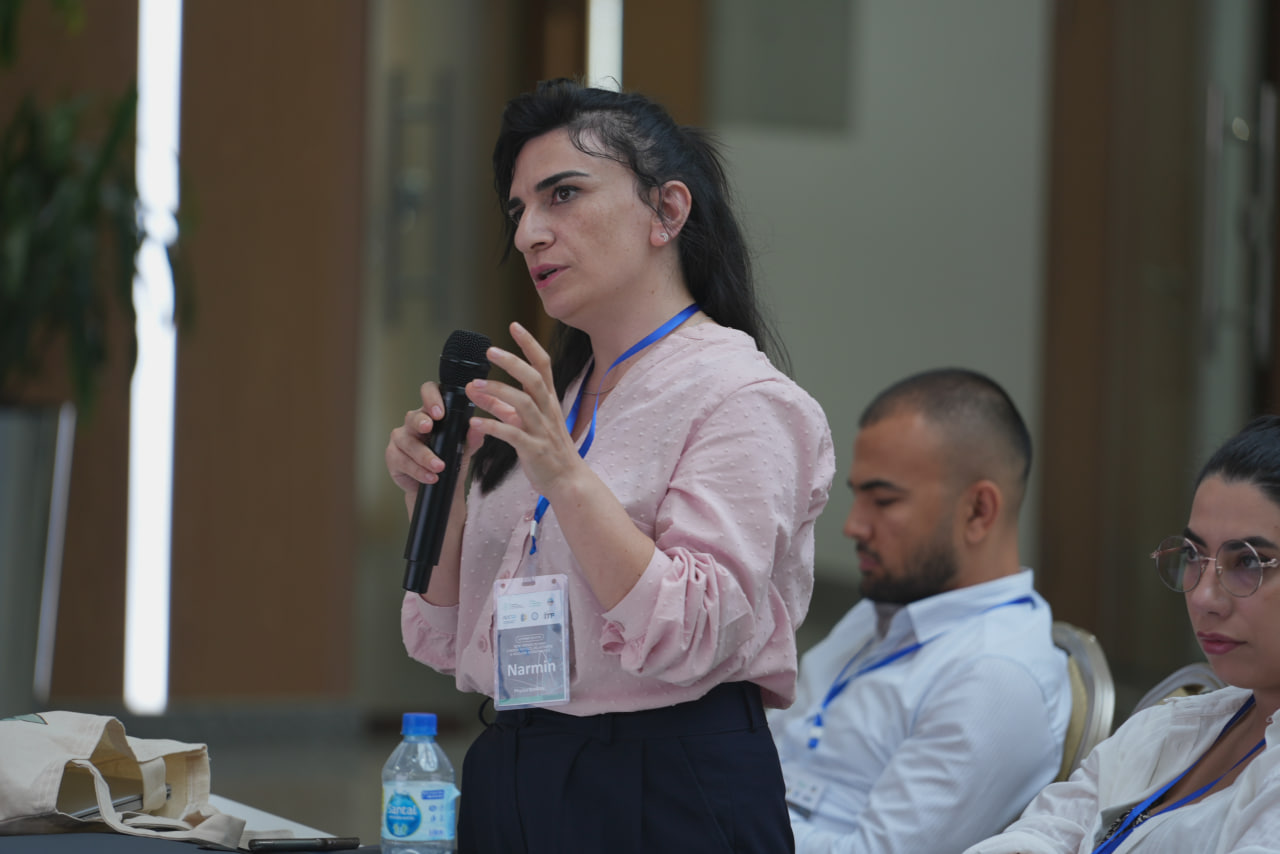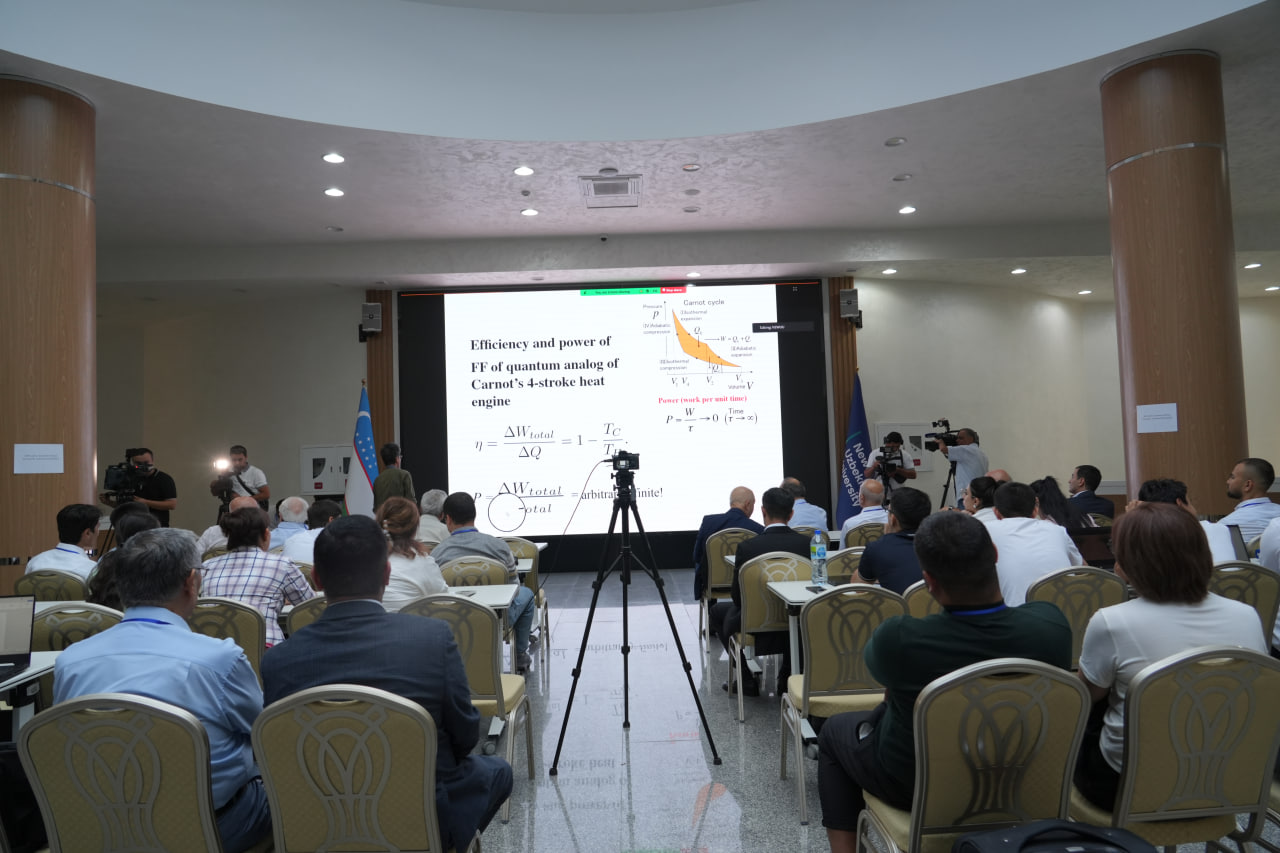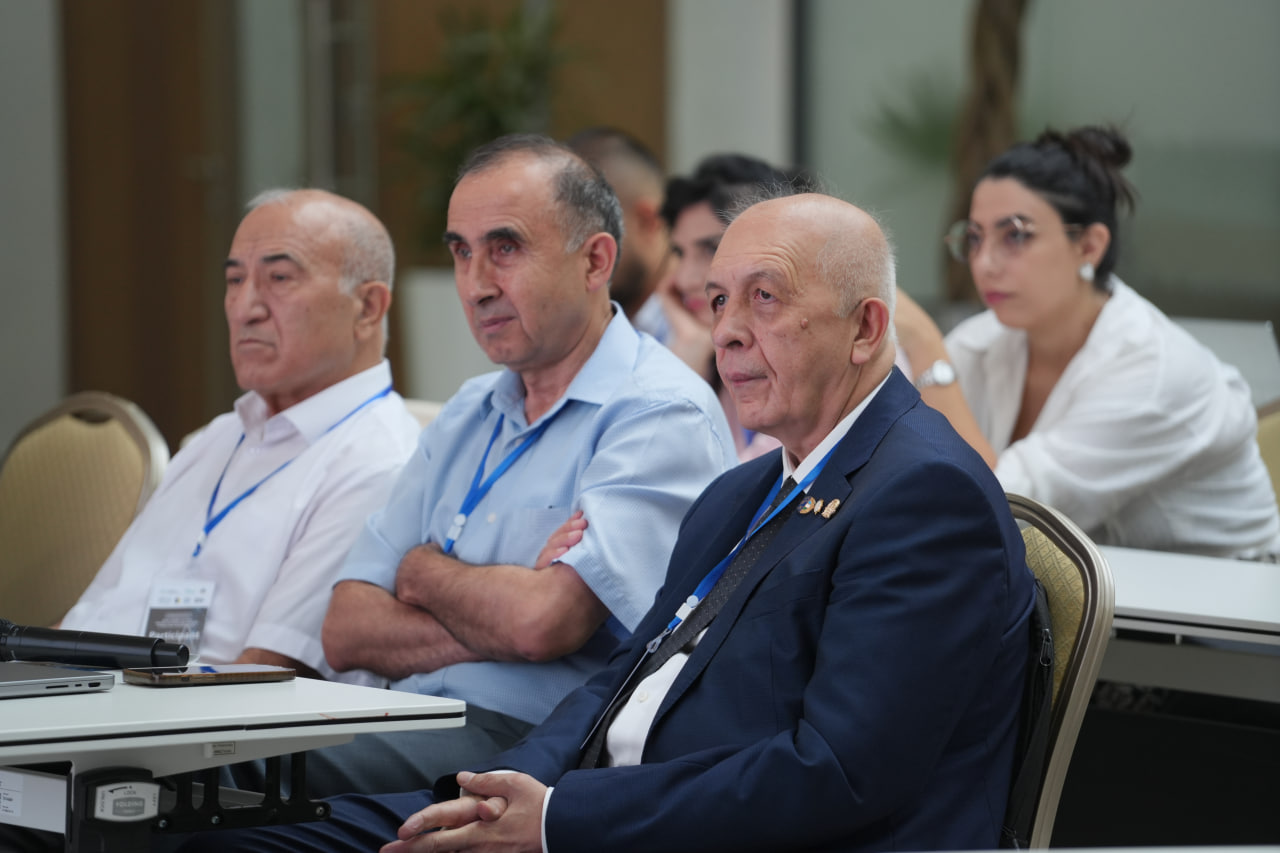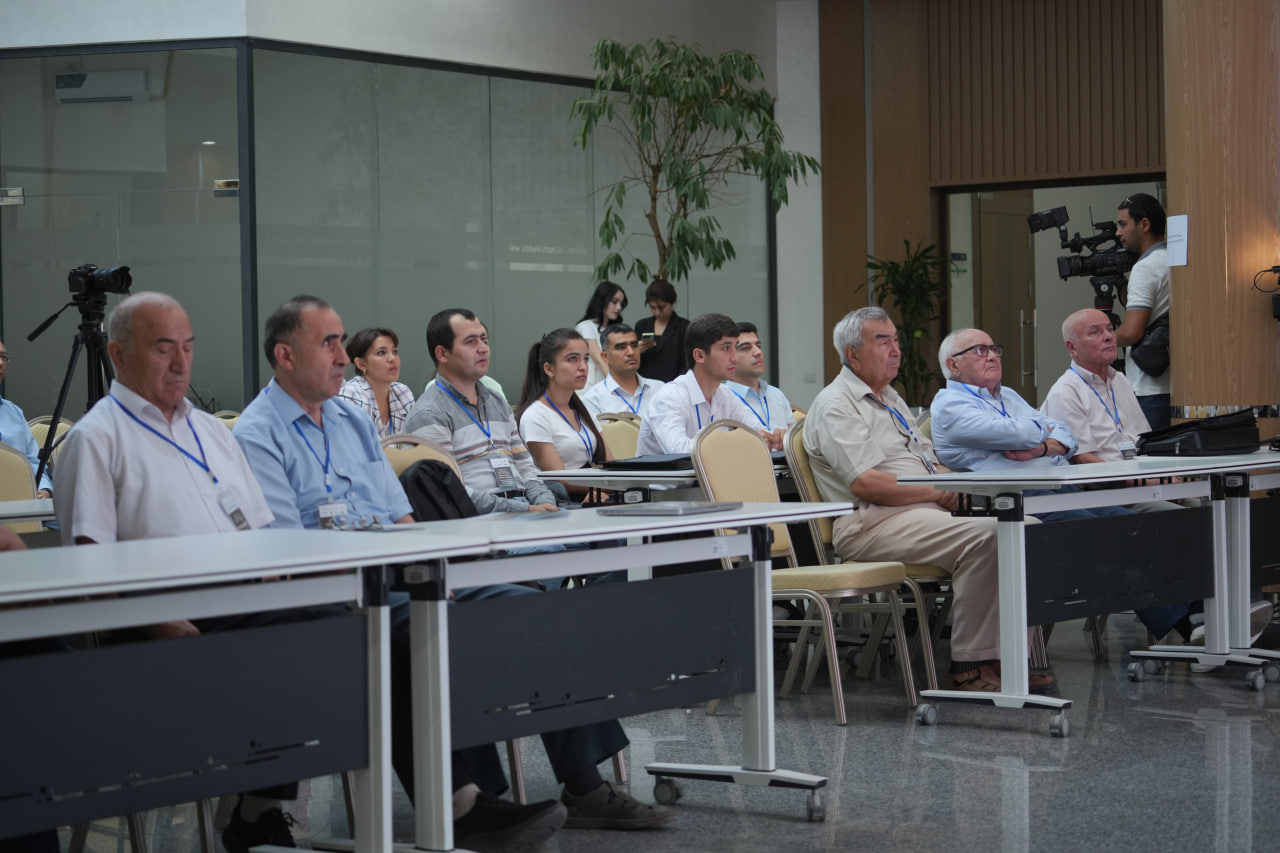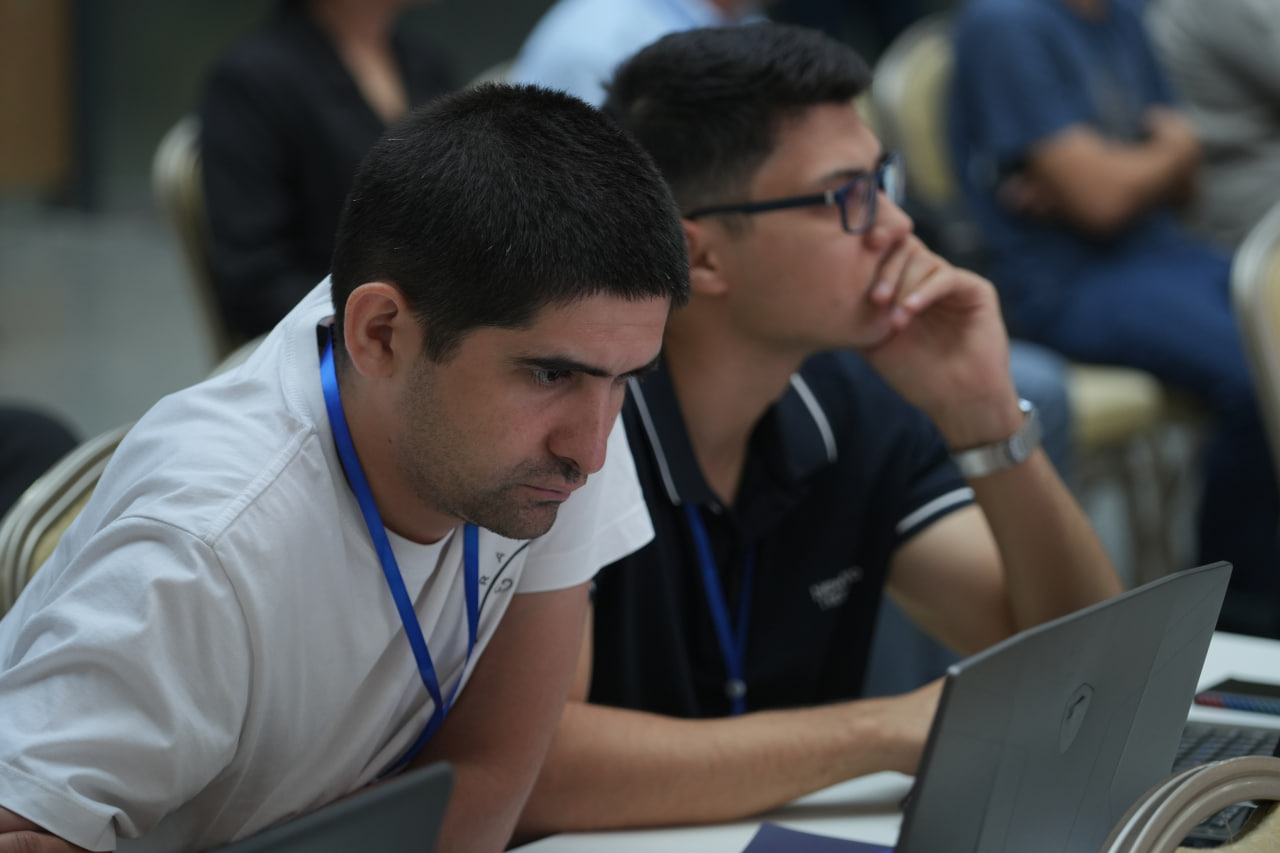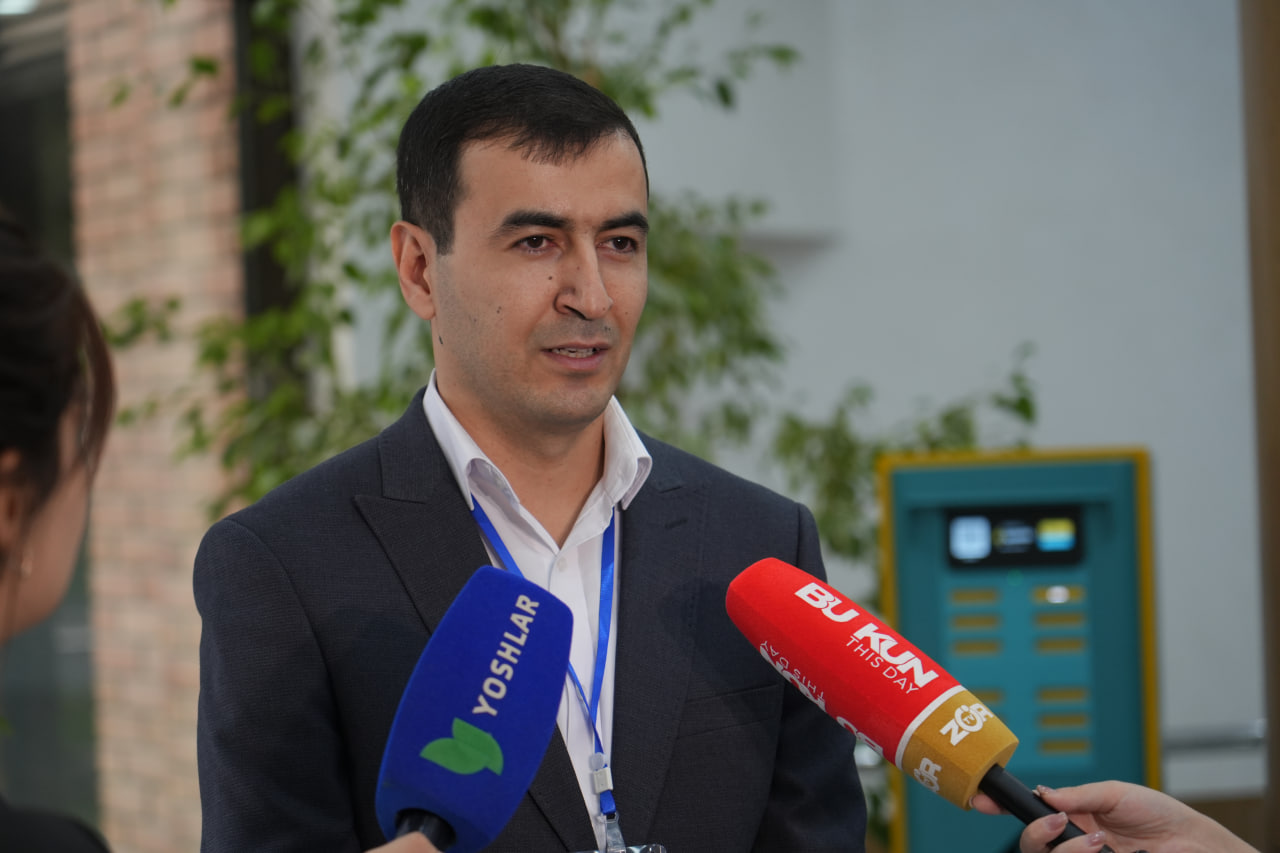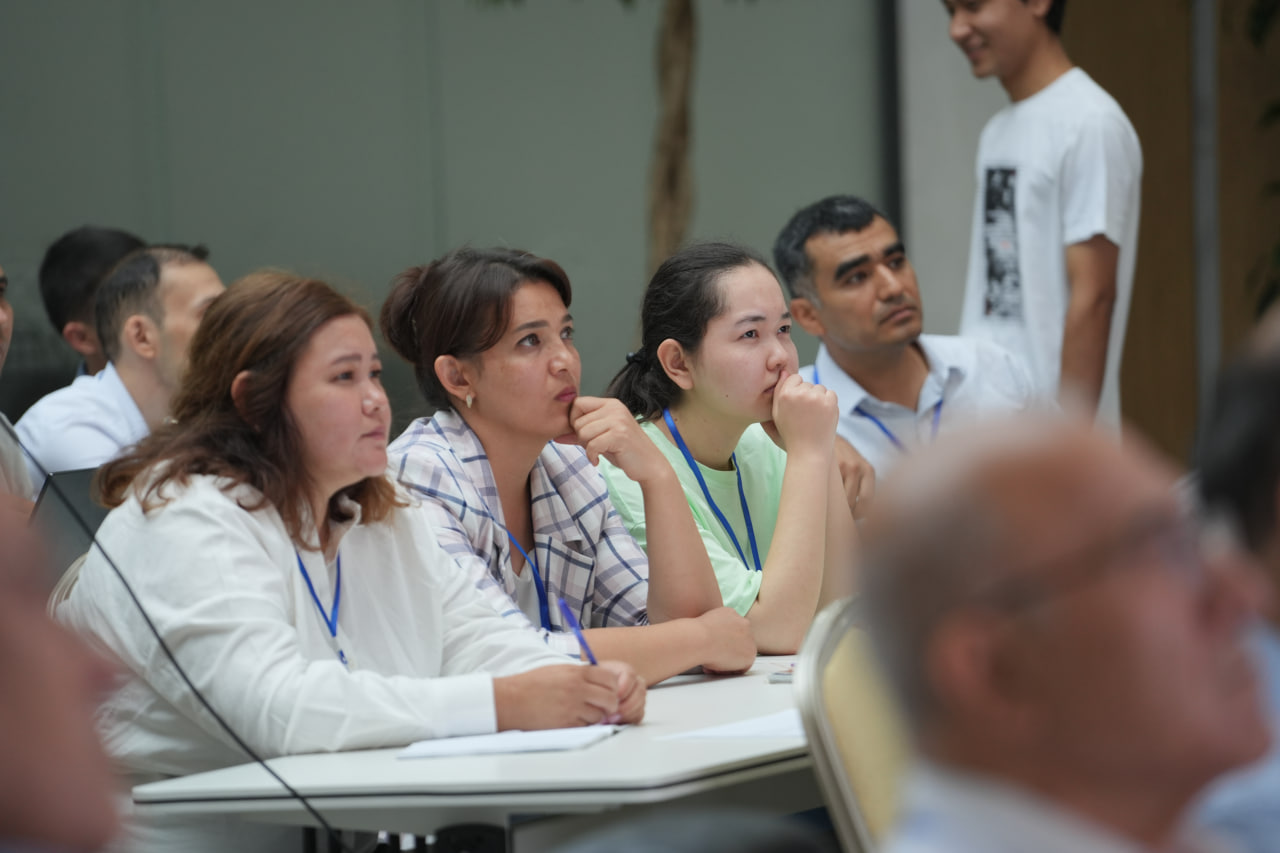From 8 to 14 September 2025, the Advanced Research Institute at New Uzbekistan University in Tashkent will host the International Summer School on High-Energy Physics, Relativistic and Nuclear Astrophysics.
The event is organized by the Institute of Theoretical Physics of the National University of Uzbekistan, the Uzbekistan Physical Society, and the Asia Pacific Center for Theoretical Physics (APCTP). APCTP (South Korea, POSTECH) is one of the leading international centers in the Asia-Pacific region promoting fundamental research, academic exchange, and support for young scientists. The Summer School in Tashkent is held under APCTP’s “International & Joint Activities” program.
Distinguished experts from CERN (European Organization for Nuclear Research, Switzerland–France border) will also take part. CERN is the world’s largest particle physics laboratory, famous for the Large Hadron Collider (LHC), where groundbreaking discoveries have been made.
Another major international partner is VIRGO (Italy), one of the world’s leading gravitational wave observatories. As part of the LIGO–VIRGO collaboration, it has been detecting and analyzing cosmic events since 2015. Participants of the Summer School will have the opportunity to learn about the latest observations and technologies from these pioneering research facilities.
Lectures and seminars will also be delivered by scientists from Al-Farabi Kazakh National University, the Institute of Physics of the Kyrgyz Academy of Sciences, the Academy of Sciences of Uzbekistan, and other respected institutions. This fosters stronger international scientific cooperation in Central Asia and inspires the younger generation to engage with cutting-edge science.
The event will gather more than 100 participants, including young scientists and students from South Korea, Japan, Germany, Kazakhstan, Azerbaijan, Kyrgyzstan, Tajikistan, and Uzbekistan.
Main topics:
Proca theories and quantum chromodynamics
Neutron stars, black holes, and gravitational collapse
Gravitational wave detection and laser interferometry technologies
The Standard Model and string theory
Modified gravity theories and their cosmological applications
Bose–Einstein condensates and computational methods in astrophysical processes
 O'zbekcha
O'zbekcha
 Русский
Русский
 English
English


